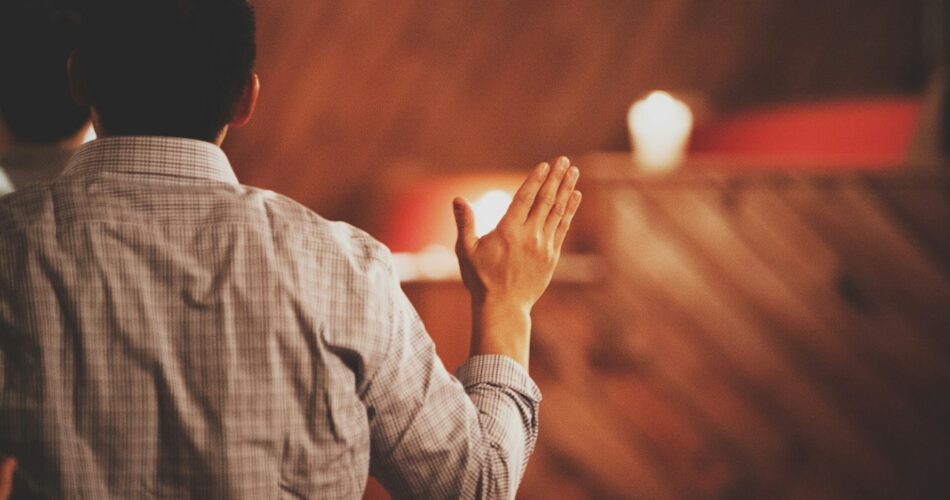The tradition is under fire.
Progressive MPs in the U.K. Parliament are pushing to abolish the long-standing tradition of daily prayers in the House of Commons. Labour MP Neil Duncan-Jordan is spearheading this movement, arguing that the practice is outdated and conflicts with modern principles of freedom of religion and secularism. He has submitted a motion and written to the Commons Modernisation Committee to request the removal of prayers from official parliamentary sessions, expressing confidence that support for the initiative spans across party lines.
Duncan-Jordan contends that the current practice no longer reflects the diverse religious backgrounds of parliamentarians or those who hold no religious beliefs. He noted that some MPs must wait outside until prayers conclude, a situation he deems impractical for a contemporary workplace. The tradition of opening Parliament with prayers has been in place since the 16th century, with its current format dating back to the reign of King Charles II.
This motion is supported by the National Secular Society, which advocates for separating religious practices from government operations. The society argues that Parliament should be more inclusive and welcoming to all members, irrespective of their personal beliefs. So far, MPs from several political parties, including Labour, Liberal Democrats, the Green Party, and the Scottish National Party, have endorsed the motion.
Proponents of the change argue that nearly half of MPs now choose a secular affirmation or swear on non-Christian texts, signaling that the tradition of Anglican prayers in Parliament is no longer relevant. They believe that Parliament should better represent its members’ diverse beliefs and ensure that all MPs feel equally respected. The National Secular Society also emphasizes that religious worship should remain a personal choice rather than part of official legislative proceedings.
While a similar initiative in 2019 attracted more signatories, this renewed effort has once again sparked discussion. Speaker Sir Lindsay Hoyle has previously defended the tradition, suggesting that a moment of private reflection before parliamentary business could be harmless. However, advocates for reform continue to push for a more inclusive, modern approach to parliamentary practices.
